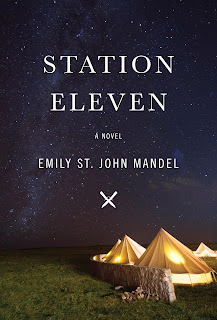Government-Organised Non-Governmental Organisations/GONGOs: Would You Like to Know More?

By Péter MARTON To answer the question in the title:* I would. Ironically, one of the best texts so far on a subject whose study originates from the Chinese context, with examples like the Human Rights Society of China in mind, is this brief paper (by Chris Carothers). A research memo, from a workshop . It is not bad for starters, though, and at least it offers a basic typology that covers "propaganda", "militant" and "development" NGOs. And some of the uses these have for autocratic and, let's say, imperfectly democratic political regimes (such as attracting funding away from genuine NGOs/civil society, or creating the semblance of mass support for government decisions, policies and entire agendas, even). This is great, but of course the political regimes in question are more creative than this. Everyone who hasn't been living under a bucket lately is probably aware of the presence of GONGOs in politics, and how that is felt in even mo...

